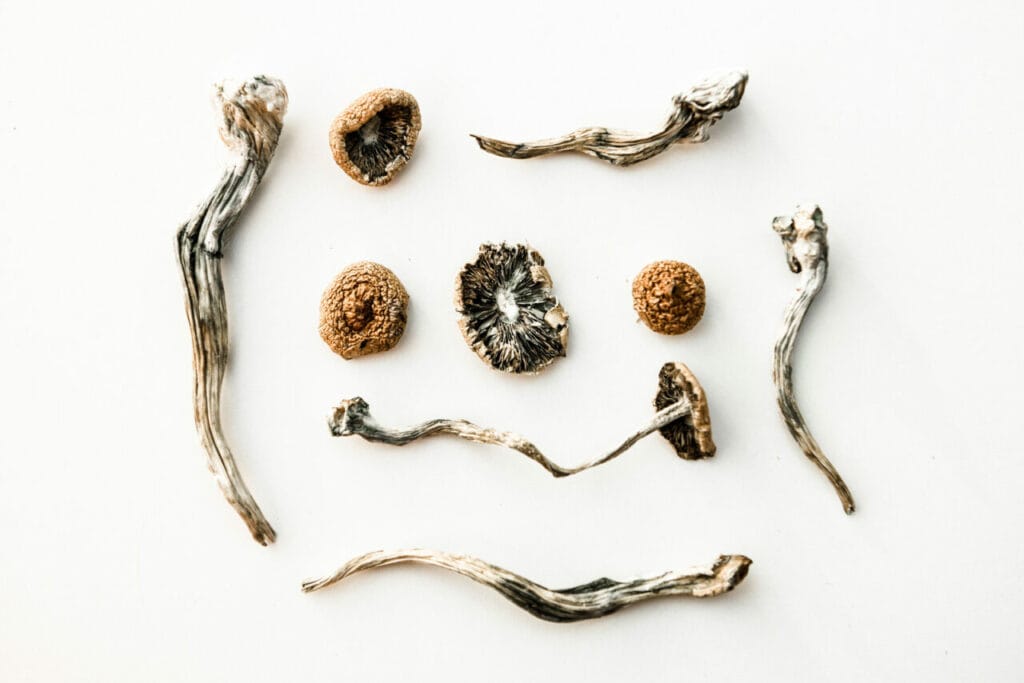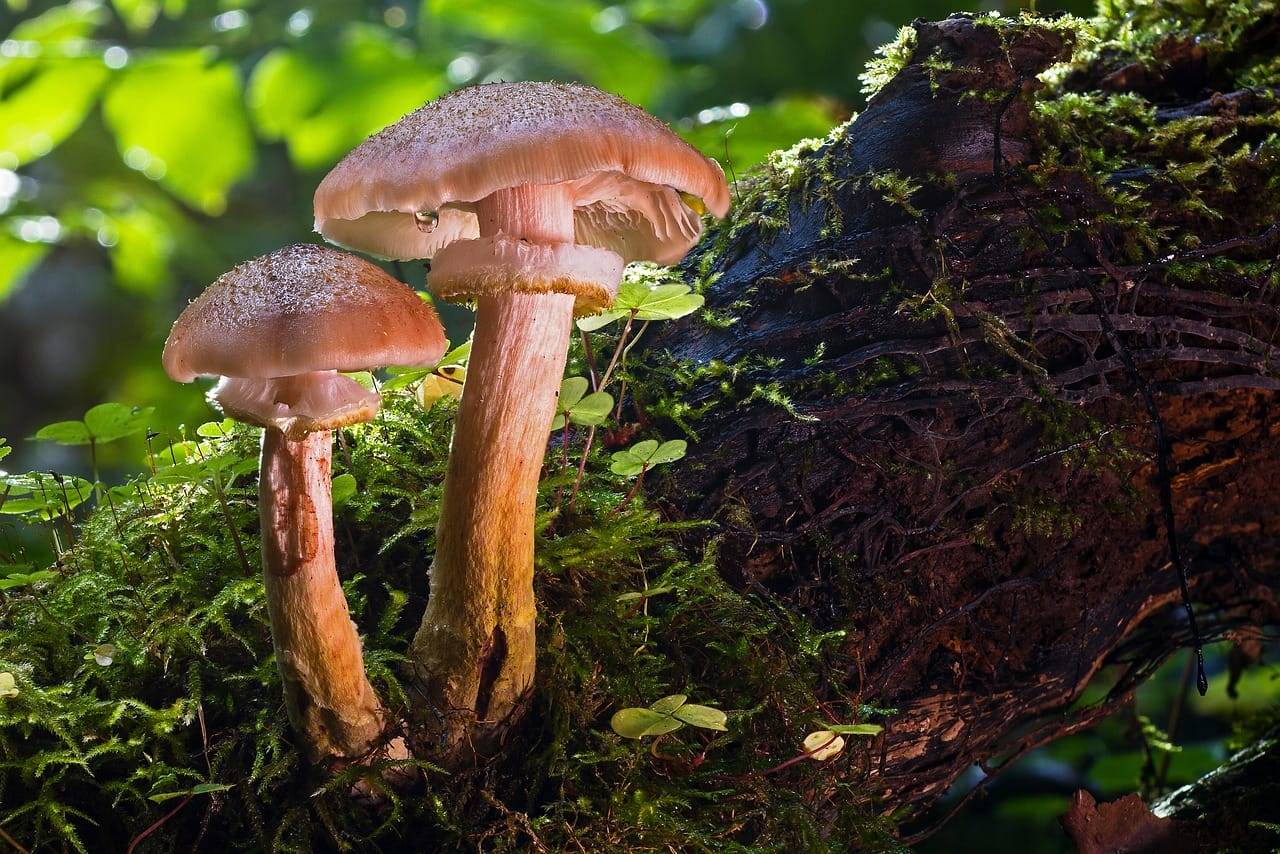Initially, magic mushrooms were seen by many Canadians as a psychedelic substance mainly used for recreational purposes. However, upon the scientific investigation of the active component, psilocybin, it was found to have a powerful impact in treating various mental health conditions.
As further information is gathered, our understanding of how psilocybin can be used increases. The more people are aware of its benefits, the easier it is for them to obtain these products through magic mushroom delivery services. A recent study has spotlighted its influence on human consciousness. Could this be the reason behind its significant impact on the human brain? Let’s delve further into this fascinating study of magic mushroom products.
Principal Points:
- The cognitive functions of early humans were influenced by psychedelic magic mushrooms, which aided their survival.
- Mushrooms play a significant role in neurological health due to their capacity to alleviate conditions such as PTSD, depression, and anxiety.
- The effects of psilocybin on consciousness and brain activity could have boosted creativity, introspection, and abstract thinking.

The Historical Utilization and Significance of Magic Mushrooms
Historical documentation indicates that our ancestors have been leveraging the properties of psychedelic magic mushrooms since the olden times. Indigenous societies used them in hallowed rituals and traditional ceremonies as a form of homage to their gods. They flourish worldwide, particularly in subtropical and tropical areas, including South and Central America, the Caribbean, Southeast Asia, and Africa.
Shrooms in Ancient Civilizations
Indigenous Mexican communities have utilized these fungi for spiritual enlightenment, divine interaction, and religious ceremonies since ancient times. The Aztec Indians of South America referred to it as the “Flesh of the Gods” and incorporated it into healing rituals.
Evidence from archaeological discoveries indicates usage back to:
- About 10,000 years ago in Australia
- Roughly 7,000 years ago in North Africa
- Nearly 6,000 years ago in Spain.





